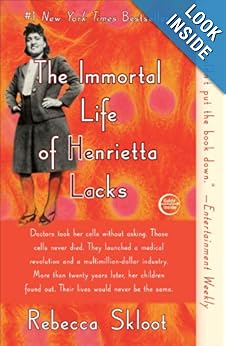I opened the door and invited him in. He gave me no response or indication that he even heard me. I opened the door again and gently told him that he was welcome to come into the house whenever his wished and when he did I would read him a story. I held my breath. Within a few long minutes he came to the door and I let him in. He shook off one snow boot and slowly pulled off one mitten then stopped.
He stood there in my heated house wearing a full snowsuit: snow pants, winter jacket with toque on under the hood and the one boot and mitt. I pulled up a chair to the back door where he seemed rooted and read to him. After a half hour I took out a d'Aulaire and a Macaulay book hoping one of the illustrations would entice him and asked him to pick one. A single finger from the un-mittened hand slowly emerged and pointed to Pyramids. He even took the invitation to sit down on another fold out chair beside me. I added a few minutes of silence at the end of each page so he could examine the pictures: I knew he was looking because I could see his eyelashes lower and twitch. We sat like that till his mother arrived twenty minutes later. I never did see his face nor hear his voice.
The following week his resolute mother brought him back and again left him standing in the snowbank outside my back door. I opened it and
said we could read some more of the pyramid book if he came inside. He
did and this time agreed to take off both mittens and both boots but kept on his
winter jacket and toque. He willingly walked with
me to the couch and sat beside me. I asked him if he remembered what we
had read last week. He nodded. I asked if he wanted me to read more. He
nodded. After about five pages I asked him to read the next page. He
did and from then on we alternated. We would pause and talk about the
story and the pictures and wonder. I finally had a conversation while looking into the sweet face of a nine year old boy. I stopped reading before the end of the book figuring I
needed the rest of it to get him back into my house for the next week.
It's been a couple of months now and just last week he walked for the first time by himself all the way from school to my home. We chat and read and joke and laugh. It is the story in the living book that can bring strangers like us together. It is that book that can transport us to faraway places and execute leaps in our imagination. That perfect book can also encourage one to shed the barrier of a snowsuit.
